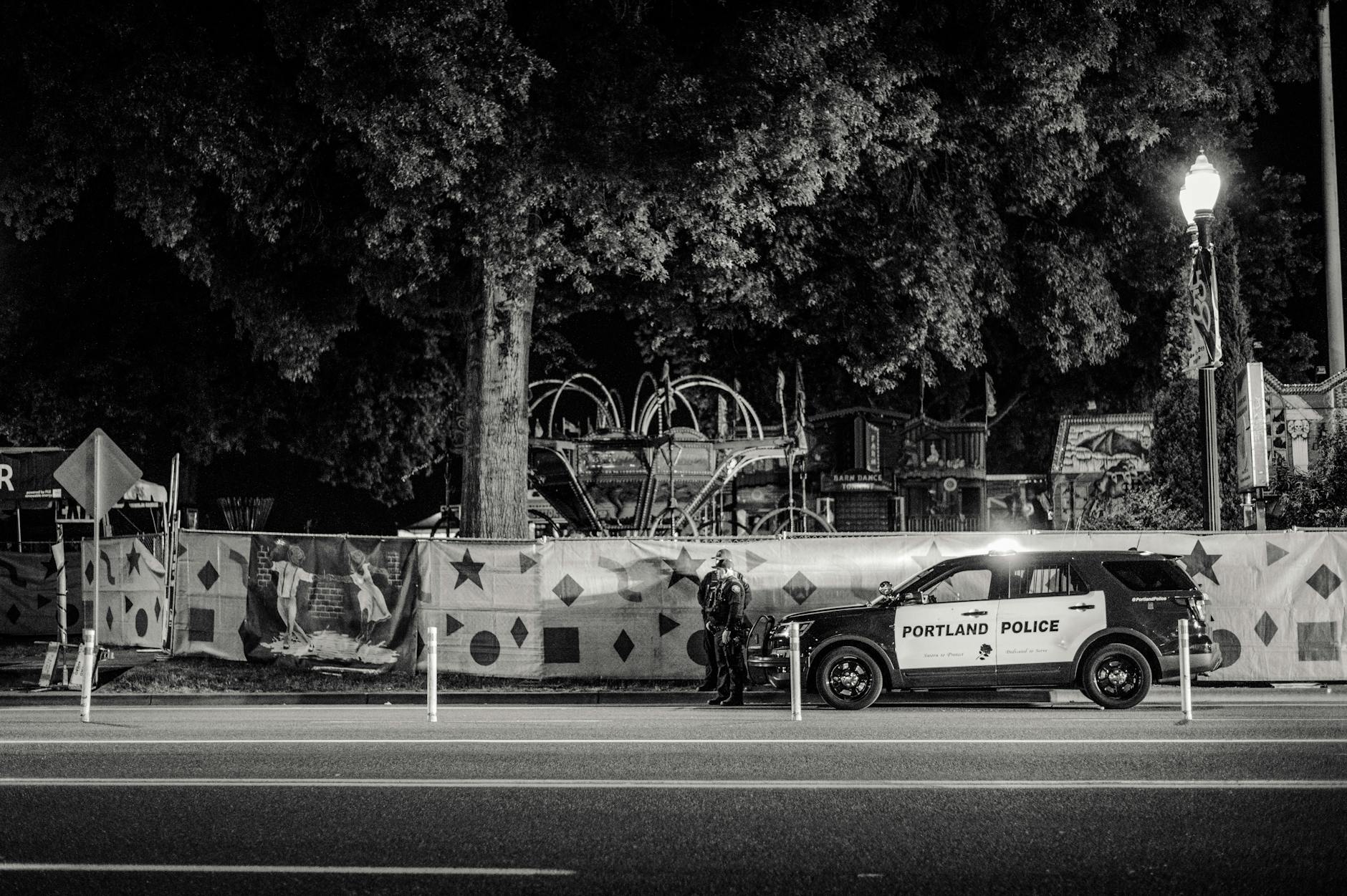Cops Reports on Checks? Facts!

When it comes to background checks, there are many misconceptions regarding the role of police departments in this process. Understanding the true extent of police involvement is crucial for both employers and individuals who are undergoing background screening. Here's a comprehensive look at what happens during background checks and the legal frameworks that shape the participation of law enforcement.
The Role of Police Departments in Background Checks
Criminal History Records
When a background check is initiated, one of the primary elements reviewed is the individual's criminal history. Police departments maintain arrest records and incident reports. However, these local records are just one of many sources of information. The actual compilation of criminal history information for background checks is typically done by state law enforcement agencies, such as the State Police or the Department of Public Safety, and not individual police departments.
The information from these state agencies is often combined with records from the Federal Bureau of Investigation's (FBI) National Crime Information Center (NCIC). This ensures that the background check reveals any criminal activity beyond the state level.
Warrants and Active Investigations
While police departments may maintain information on open warrants and ongoing criminal investigations, this data is not always disclosed in a standard background check due to legal restrictions and concerns for due process. Furthermore, active investigations are usually confidential to protect the integrity of the investigation.
Traffic Violations
Minor traffic violations, which are typically handled by local and state police, do not usually appear in a criminal background check. More severe offenses, such as DUIs or hit-and-runs, are likely to be included since they are criminal offenses and part of the public record.
Legal Framework Governing Background Checks
The Fair Credit Reporting Act (FCRA)
The FCRA is a federal law that outlines how background checks must be conducted, especially by third-party agencies. It ensures the accuracy, fairness, and privacy of personal information. This act also gives individuals the right to be notified when a background check is conducted and to dispute any incorrect information.
State Laws
Each state has its own laws and regulations regarding background checks. Some states have stricter rules on how much criminal history can be reported, often limiting the scope to seven years.
Consent and Notification
In almost all cases, an individual must consent to a background check, particularly when it's conducted by a potential employer. Without consent, running a background check is a violation of privacy laws.
The Limitations of Police Involvement
Police departments do not directly provide background check services to employers or private individuals. Instead, they may respond to specific requests for records from authorized agencies. Direct access to criminal databases maintained by police departments is restricted to law enforcement purposes and is not available to the general public.
Conclusion: Separating Myth from Reality
The myth that police departments directly provide comprehensive background checks to employers is unsubstantiated. The reality is that they are one of many sources of information, with their data feeding into larger state and federal systems that compile these records. Understanding the factual role of police in the background check process, alongside legal protections like the FCRA, ensures a more transparent and just system for all parties involved.
Both individuals and employers need to be familiar with the legalities surrounding background checks—awareness, which this in-depth analysis hopes to bolster. By dispelling myths about police involvement, we can build a clearer picture and navigate the background check process with more confidence and understanding.